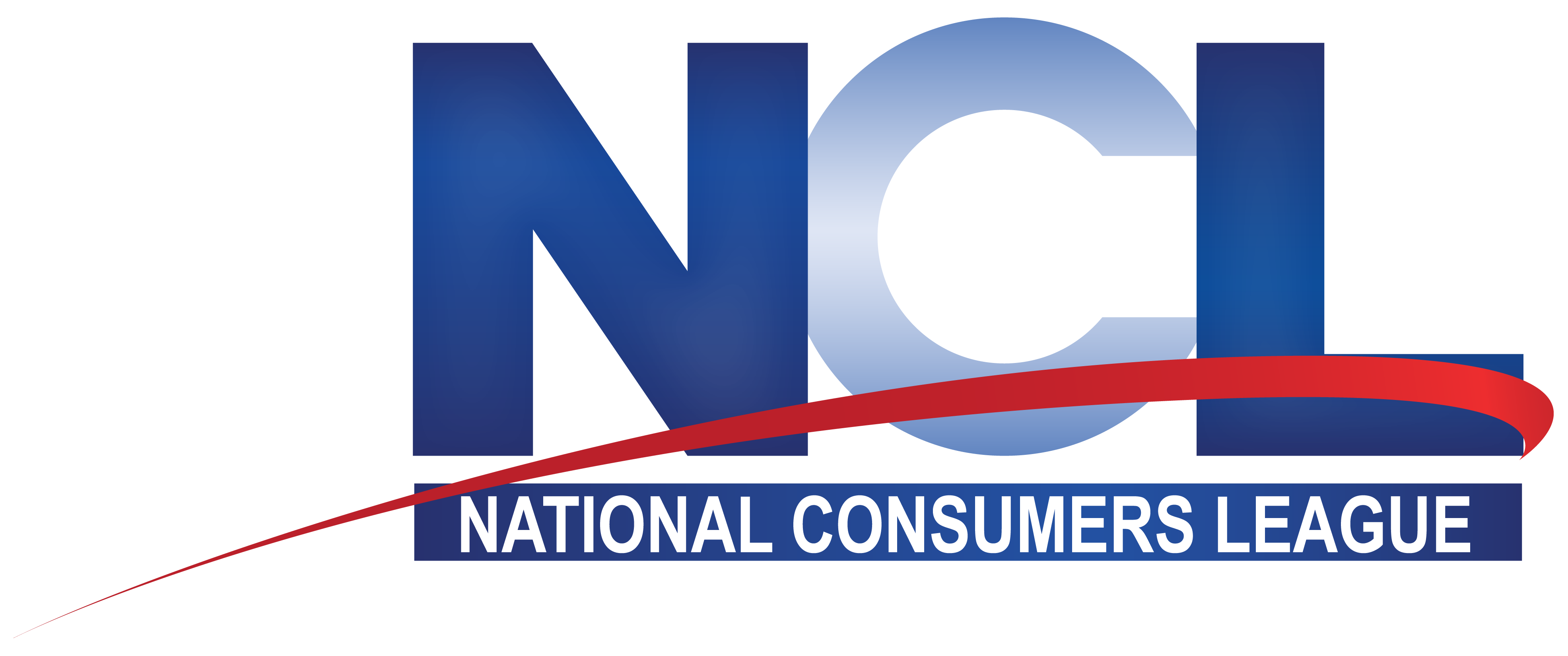Annual Fraud.org report shows link between COVID-19, recession, and scams preying on Americans
Last year, as millions of Americans struggled to make ends meet due to the COVID-19 pandemic, scammers took advantage of an unprecedented opportunity to defraud consumers. That is the conclusion of Fraud.org’s annual Top Ten Scams Report, which goes live today. The combination of widespread economic vulnerability and social isolation brought on by the pandemic correlated with an increase in two specific fraud categories last year: bogus prize/sweepstakes/gift scams and romance scams.
Top Ten Scams of 2020
- Internet: Gen Merchandise
- Phishing/Spoofing
- Fake Check Scams
- Friendship & Sweetheart Swindles
- Prizes/Sweepstakes/Free Gifts
- Advance Fee Loans, Credit Arrangers
- Computers: Equipment/Software
- Internet: Auctions
- Investments: Other
- Internet: Extortion
Sweepstakes scams, which made up nearly a quarter (23.78 percent) of all complaints received by Fraud.org in 2020, topped the list. The number of complaints we received nearly doubled versus the prior year. In these scams, fraudsters contact a victim to let them know they have won a prize or other monetary reward. The catch is that before the money can be collected, the victim must send payment. If the victim sends the money, they then enter a cycle where they are required to continually send additional payments in search of the fictitious “prize.”
Another fast-growing type of fraud in 2020 was friendship and sweetheart swindles, also known as romance scams. The number of complaints received at Fraud.org about such scams increased by 30.06 percent in 2020, making it the fifth-most reported category of scam, with a median loss of $1,628. Given the social isolation brought on by the COVID pandemic, this data underscores the warnings that Fraud.org and other organizations have raised about the rising risk of such scams.
A new form of fraud entered the top ten in 2020, and they are particularly ugly: extortion scams.
“As the pandemic and the recession continue to grind on in 2021, we are paying special attention to so-called ‘Internet extortion’ scams, which entered the top ten scams for the first time last year,” said NCL Vice President of Public Policy, Telecommunications and Fraud John Breyault and report author. Such scams fall into two broad sub-categories. The first category is “sextortion” scams, where consumers receive a message where the scammer threatens to release embarrassing photos, videos, or other personal information to the victims’ friends and family. The second sub-category involves “psychic” services, where the scammer claims to had discovered that a “curse” or other tragic event is about to befall the victim. Only by paying a significant fee can the victim have the “curse” lifted.
While the red flags of these scams vary from case to case, a good rule of thumb for recognizing these crimes is that a request for money to be sent to someone you have never met in person is almost always the hallmark of a scam. Also, being aware that scammers are adept at creating a sense of urgency in their victims (e.g., “Pay now or you’ll miss out on this prize!”) is a good way to recognize these scams for what they are.
The Top Ten Scams Report was compiled from more than 5,700 complaints filed by consumers with Fraud.org in 2020. We share these complaints with our network of law enforcement and consumer protection agency partners who can investigate and help put fraudsters behind bars. If you or someone you know has been a victim of a scam, we urge you to file a complaint at Fraud.org via our online complaint form.








